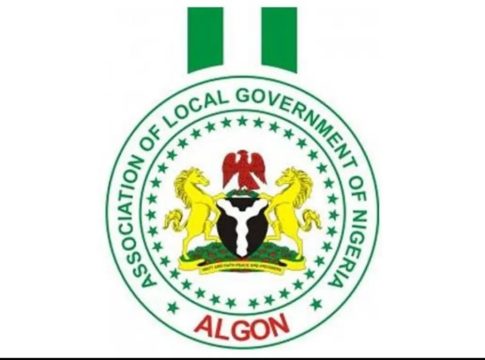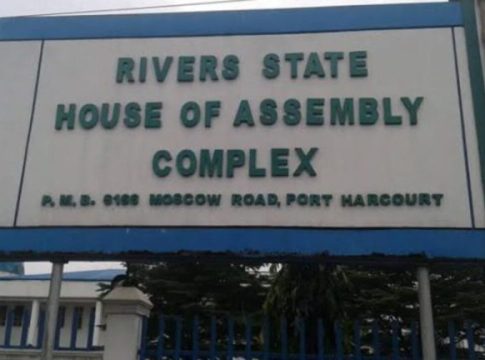Leaders of Nigeria’s 774 local governments have voiced concerns over the feasibility of implementing the proposed N62,000 minimum wage, citing significant financial limitations. The claim comes amid ongoing negotiations with Organised Labour, who initially demanded a N250,000 minimum wage.
Aminu Muazu-Maifata, National President of the Association of Local Governments of Nigeria (ALGON), articulated these concerns, highlighting the disproportionate revenue allocations that challenge the local governments’ fiscal capacity. With local governments receiving slightly more than 18% of total revenue from the Federation Account and the Federal Government obtaining upwards of 52%, Muazu-Maifata argues that the current financial structure leaves local authorities underfunded.
“Given our allocation from the Federation Account, enduring a minimum wage of N62,000 is beyond our means,” Muazu-Maifata remarked.
READ MORE: US- Based Expert Laments Decline In Nigeria’s Education System, Calls On Govt. Intervention
He further lamented the unsustainable financial burden on local governments, with 90% of their funds being allocated to salaries and pensions. This, according to him, constrains the ability of local councils to manage the proposed increase in the minimum wage without an adjustment in their percentage of revenue allocation.
“To manage a N62,000 minimum wage, we desperately need a review in the allocation framework. As it stands, most of our budget is dedicated to existing wage commitments, leaving little room for other critical responsibilities,” Muazu-Maifata explained.
In the midst of these discussions, financial expert Bismarck Rewane cautioned against the potential economic repercussions of wage increases not matched by productivity enhancements. Rewane advocates for balanced negotiation processes that consider the broader implications on national productivity and economic well-being.
“The focus should extend beyond mere figures to considering the overall economic impact of wage adjustments. Achieving a sustainable balance between wage levels and national productivity is paramount,” Rewane advised.




